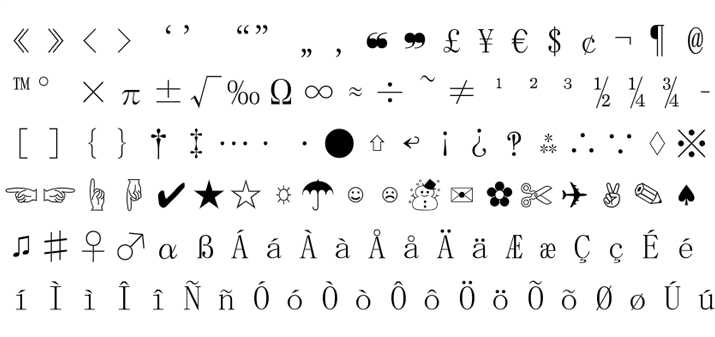The subtleties of using special operators in Yandex.Direct

Special operators are a fairly simple and understandable Yandex.Direct tool. It is needed so that the advertiser can more accurately tune in to the desired audience. But there is a big risk of misuse of special operators. Let's take a look at the most common mistakes.
Basic symbols

Special operators are characters added to key queries. Thanks to them, the search engine determines whether your ad matches the queries that the user enters. Basic special operators are:
+ - without fail takes into account all prepositions, appeals, pronouns;
"" - the ad for the key, taken in quotes, will be shown only if the query in the search engine is almost identical. It is possible to change the order of words and word forms. Keywords are also taken into account;
! - fixes the key only in the form as it is used in advertising;
[] - to fix the desired sequence of words in the key.
There are also contraindications to the inclusion of special operators in the request. It should not be used unnecessarily. If there is no understanding why it is needed, it is also worth refusing to use it. Otherwise, there is a great risk that you will “cut off” part of the impressions at the request of the target audience. For example, the key "buy Lego + in Moscow" will display for the query "buy Lego in Moscow inexpensively", but will not be displayed for the query "buy Lego Moscow". Sometimes the difference between phrases with or without special operators is thousands of impressions!
It is not necessary to reduce advertising coverage by irrational use of special operators. But there are also cases when they cannot be dispensed with.
When Special Operators Are Necessary

The main difficulty is that search engines are still robots, not people. And for them there are words that are regarded as the same, although in fact there is nothing in common between them. For example, advertisements for the sale of billiard cues and KIA cars can be issued using the same “buy cue” key. Another option: the words in the key are changed so that the meaning of the query is completely changed. For example, "water to the house", where they advertise the delivery of clean water, turns into a "house on the water", where they describe the features of the construction.
And the third option: when the key query turns into a list of stop words when writing. This often happens when advertising games or books. If you do not use special operators, then in the query “one of us is a game”, the search engine will take into account only the word “game”, which means that the impressions will concern a wider audience. To avoid this, the key phrase must be enclosed in quotation marks, thereby cutting off unnecessary impressions.
And for navigation queries, where a certain direction is indicated, the special operator [square brackets] is very important. It allows you to separate two groups of passengers: who is recovering along the route Kyiv-Kharkov and who is traveling from Kharkov to Kyiv.
Such an operator is in demand for advertisements for the sale of tickets, freight and passenger traffic.
It is important that when [] is included, the exact spelling of word forms is not fixed. There will also be impressions if some other words are shown before and after the key.
Use special operators carefully. Only if you are sure that it is they who will allow you to hit the "bull's eye" of the target audience. After all, sometimes it’s worth doing more impressions, and sometimes it’s very important to cut off the excess.
